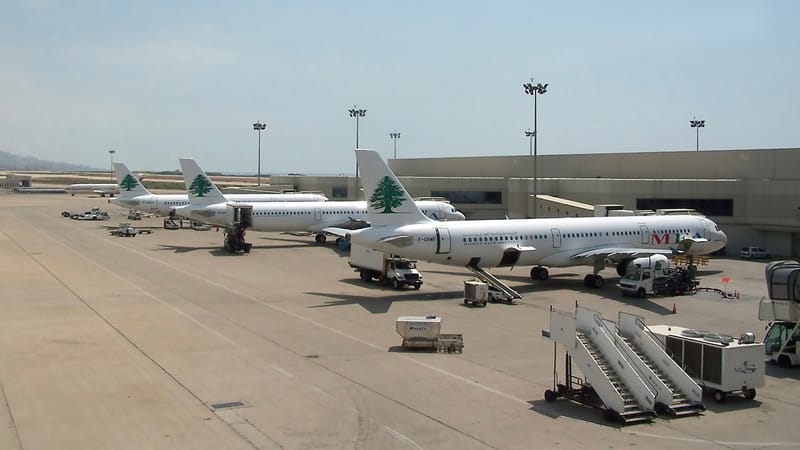Maldives President Muizzu’s UNGA Address: A Call for Reform, Accountability, and Survival
Muizzu proposed creating a rotating seat for Small Island Developing States (SIDS) at the UN Security Council, aiming to ensure greater representation for vulnerable nations like the Maldives

In a powerful and historic address to the United Nations General Assembly (UNGA), Maldives President Mohamed Muizzu issued a clarion call for sweeping reforms in global governance, an end to impunity for war crimes, and immediate action on climate change—challenges that resonate deeply with both his country’s survival and the broader international community’s growing discontent with the status quo.
Redefining Global Governance: Ending the Veto Power
At the heart of Muizzu’s speech was a demand to overhaul the UN Security Council’s veto system. The Maldives leader called for the abolition of veto power held by its permanent members, citing the Council’s inability to prevent or address conflicts effectively. According to Muizzu, this power imbalance has allowed prolonged conflicts, like those in Gaza and Lebanon, to go unchecked. He emphasized that the veto system has enabled global powers to act with impunity, paralyzing meaningful action and stalling efforts for peace.
"Israel must be held accountable for these acts of terrorism," Muizzu said, directly addressing the Council’s failure to protect Palestinian civilians from what he termed “genocide.” His call for Israel’s accountability reflects a broader demand for reform shared by many at this year’s assembly, where leaders such as Brazilian President Luiz Inácio Lula da Silva and French President Emmanuel Macron decried the UN's current structure as outdated and ineffective.
In a bold move, Muizzu proposed creating a rotating seat for Small Island Developing States (SIDS) at the UN Security Council, aiming to ensure greater representation for vulnerable nations like the Maldives. This move aligns with broader discussions at the UNGA about the need for a more inclusive and democratic multilateral system capable of tackling today’s complex global challenges.
Israel-Palestine Conflict: Condemning War Crimes and Media Suppression
Muizzu’s speech took a direct stance on Israel’s ongoing military operations in Gaza and Lebanon, labeling Israel’s actions as “genocide” and a “travesty of justice.” He criticized Israel for its targeted attacks on civilian infrastructure and its attempts to silence the media, citing the closure of Al Jazeera’s bureaus in Israel and the West Bank as evidence of efforts to cover up war crimes.
"How can we interpret this as anything other than brutal attempts to prevent the world from knowing the crimes taking place?" Muizzu asked, linking the suppression of journalists to a larger narrative of impunity. His condemnation came amid escalating violence in the region, with fears that the ongoing conflict between Israel and Hezbollah could trigger a wider regional war.
Climate Change: An Existential Threat to Small Nations
While calling for justice in international conflicts, Muizzu did not shy away from another pressing global issue: climate change. For the Maldives, a country where 80 percent of land sits less than one meter above sea level, climate change is not an abstract threat—it is an existential one. Muizzu warned that rising sea levels, fueled by climate change, are putting his nation’s very survival at risk.
“Climate change is the most serious threat to our world, the defining challenge of our generation,” Muizzu stated, calling on the world’s wealthiest nations to meet and extend their financial commitments to climate action ahead of COP29. He stressed that existing pledges are insufficient to protect vulnerable countries like the Maldives from the escalating impacts of climate disasters. He urged developed nations to not only honor their pledges but to go further, ensuring that climate finance matches the scale of the crisis.
Muizzu’s impassioned plea mirrors the concerns raised by other island nations, as leaders from across the Pacific used the UNGA platform to sound the alarm about the irreversible damage climate change is causing to their communities. As wars and political crises dominate global headlines, Muizzu’s address served as a reminder that the climate emergency remains the most pressing long-term challenge.
A Global Call for Unity
Muizzu’s message resonated beyond the Maldives, reflecting the broader theme of this year’s UNGA: the need for a unified global response to shared crises. UN Secretary-General António Guterres warned of a world edging towards a “powder keg” of unresolved conflicts and environmental degradation, while leaders like US President Joe Biden and Macron stressed the importance of collective action to navigate the “inflection point” the world faces.
As the Maldives leader concluded his speech, his calls for reform, accountability, and urgent climate action encapsulated the growing discontent among smaller and vulnerable nations. Muizzu’s address positions the Maldives as a vocal advocate for change, representing not only his nation’s fight for survival but also a broader call for the international community to live up to the promises of justice, peace, and sustainability that the United Nations was founded upon.
The future Muizzu envisions—a world with more transparent governance, where climate action is prioritized, and where no nation can commit atrocities with impunity—serves as a timely reminder that the most vulnerable nations often have the clearest vision of what global cooperation should truly achieve.





